You may have been longing to begin an organic garden. On the other hand, you may be like more than a few people who balk at starting an organic garden because you have concluded that it will be too costly of an endeavor for you. Fear not, fellow gardeners! There are some solid, effective strategies that you can employ that can give you the ability to launch and maintain a great organic garden without breaking the bank. Believe it or not, it is entirely possible to create a great, organic garden on a budget.
Forgo Raised Beds
Historically, a common practice when it comes to organic gardening is the use of raised beds. Raised beds are said to provide an array of benefits to an organic garden, including pest control. The reality is that constructed raised beds can be expensive. Additionally, it requires purchasing more supplies. Nobody wants to buy MORE supplies.
Many experts in organic gardening say raised beds aren’t necessary for organic gardening. An alternative exists, allowing you to mound up soil rather than build a raised bed. You can also utilize an existing garden plot as part of your new passion. For example, you can plant your vegetables among flowers and landscaping plants that are already in place. How cool is that?
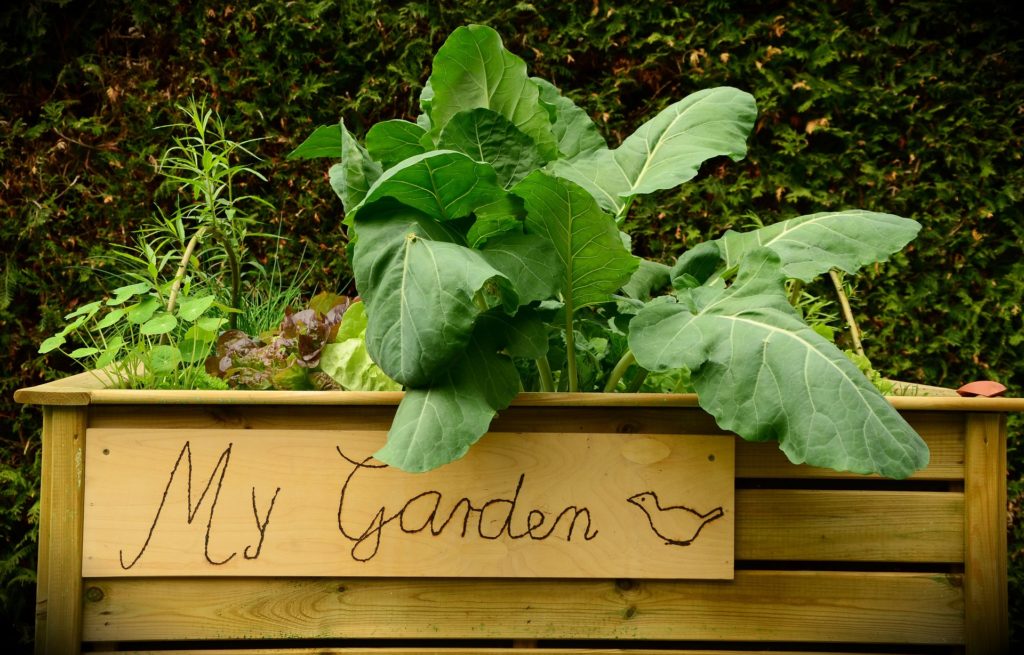
Barter and Trade
You don’t need to splurge on all the items you need for an organic garden. Instead, consider bartering and trading. You’ll be surprised at how many people are open to the idea. It’s a great way of reducing the costs associated with starting an organic garden. If you have skills or items you can offer somebody else in exchange for your organic gardening supplies, why not put out feelers and see if there are any takers? The worst that can happen is they say no, but it’s worth a shot.
The internet is a great tool if you’re considering barter and trade. There are websites designed for people who are involved in organic gardening for trading services or items. Also, check out Craigslist! They have free categories which can provide materials and resources that you need to get started.
Share Resources, Supplies, and Equipment
Another step that you can take to lower the cost of starting and maintaining an organic garden is sharing resources, supplies, and equipment. You can become part of a network of like-minded gardeners by sharing items needed to start and maintain an organic garden. This networking works to reduce the costs of organic gardening not just for you but for other people as well. They work as a cooperative. A lot of community gardens offer a group of like-minded people who are all willing to pitch in on costs and share the bounty of their harvests at the end of the season!
Some communities have developed tool library concepts for a wide range of things. These tool-lending libraries often have the items you’re looking for to cultivate a garden. You can check out what you need in the same way you might check out a book from the library.
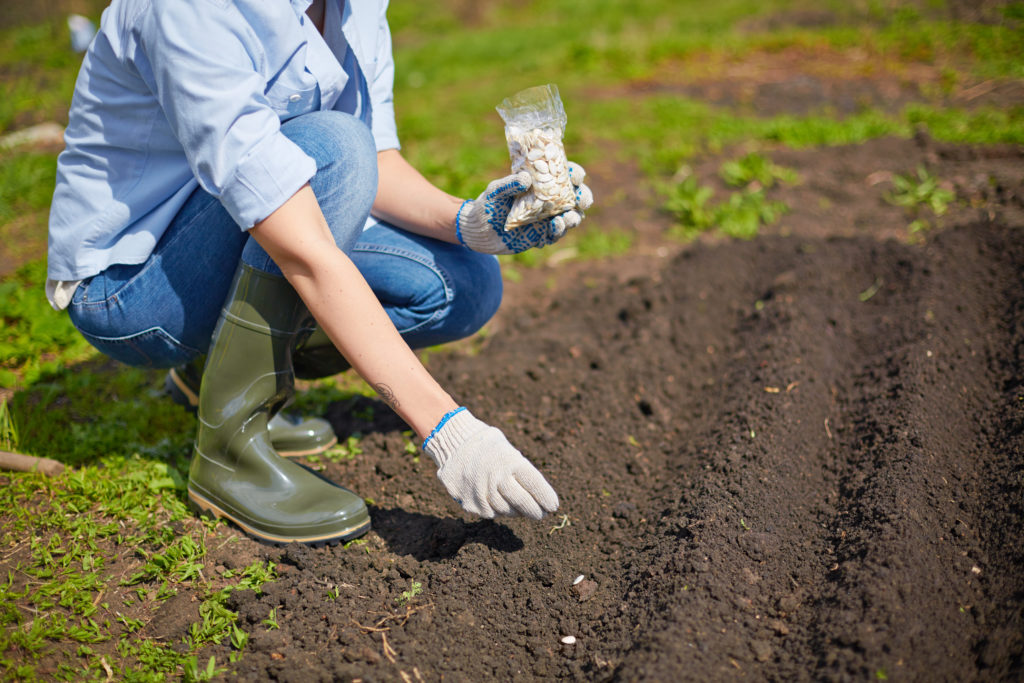
Find Free Mulch
Mulch is an important component of an organic garden. However, purchasing mulch is often costly. You do have a solid alternative when it comes to mulch for your organic garden–you can find it for free. Free is a price in my budget!
Create your own mulch by scavenging recycling bins and yard waste. You can also re-purpose straw to make a foundation for your organic garden mulch. Purchasing a bail of straw is far cheaper than spending money on commercially prepared mulch.
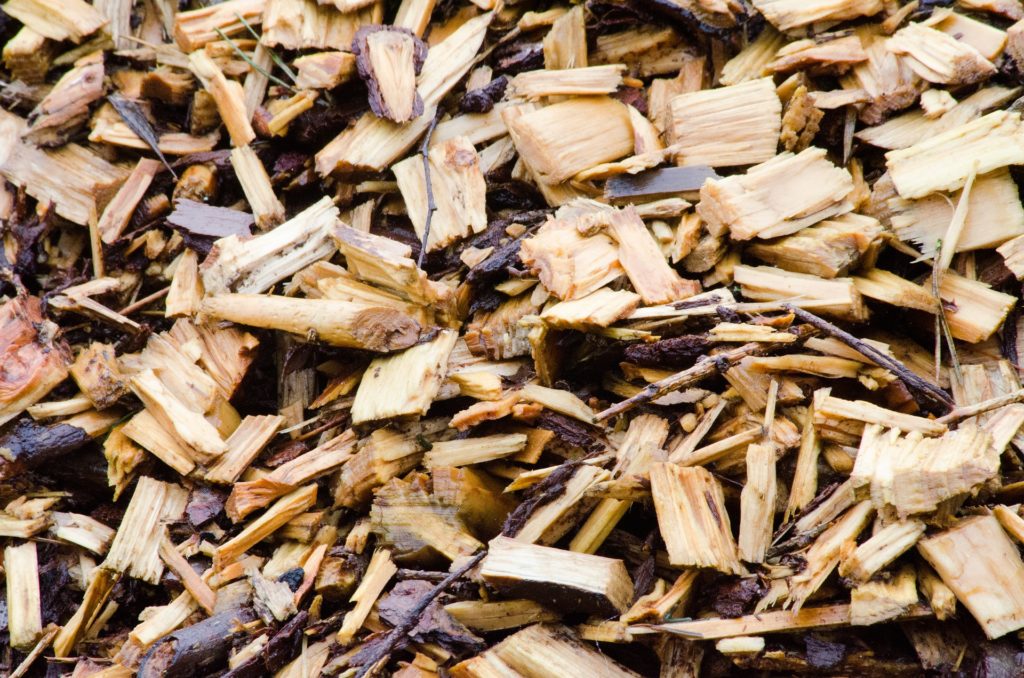
Focus on Higher Yield Plants
When first starting your organic garden, you’ll be better served and get more for your money by selecting higher yield plants. For example, you can plant organic tomatoes for under $2. One plant can yield up to a dozen pounds of tomatoes and sometimes more! If you were to purchase the same quantity of organic tomatoes, you likely would spend around $60. How’s that for savings?
Other types of high yield produce you will want to consider include zucchini and cucumbers. On the other hand, greens do not provide such high yields. In addition, greens are more prone to lose their nutrients in a shorter period of time.
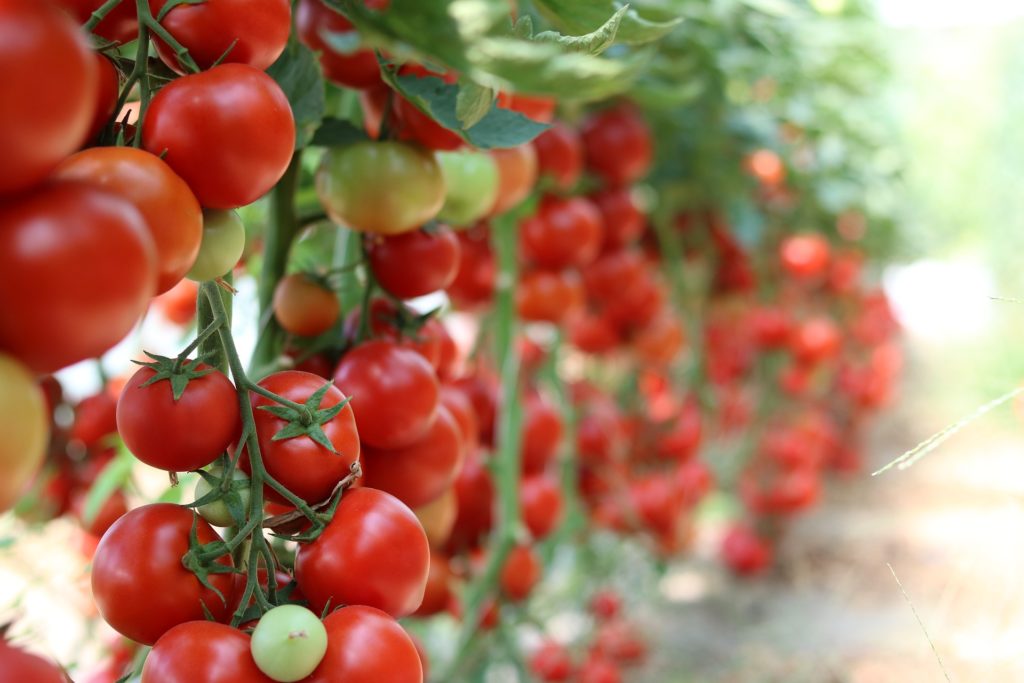
Make Your Own Compost
A key strategy you will want to use in cultivating an organic garden on a budget is making your own pile of compost. Through a compost pile, you are able to use yard waste and kitchen scraps and turn them into a soil conditioner. Compost can also be used as mulch, a potting mix ingredient, and a powerfully effective fertilizer. By using compost, you will be on the way to a bountiful organic garden — all while saving some green.
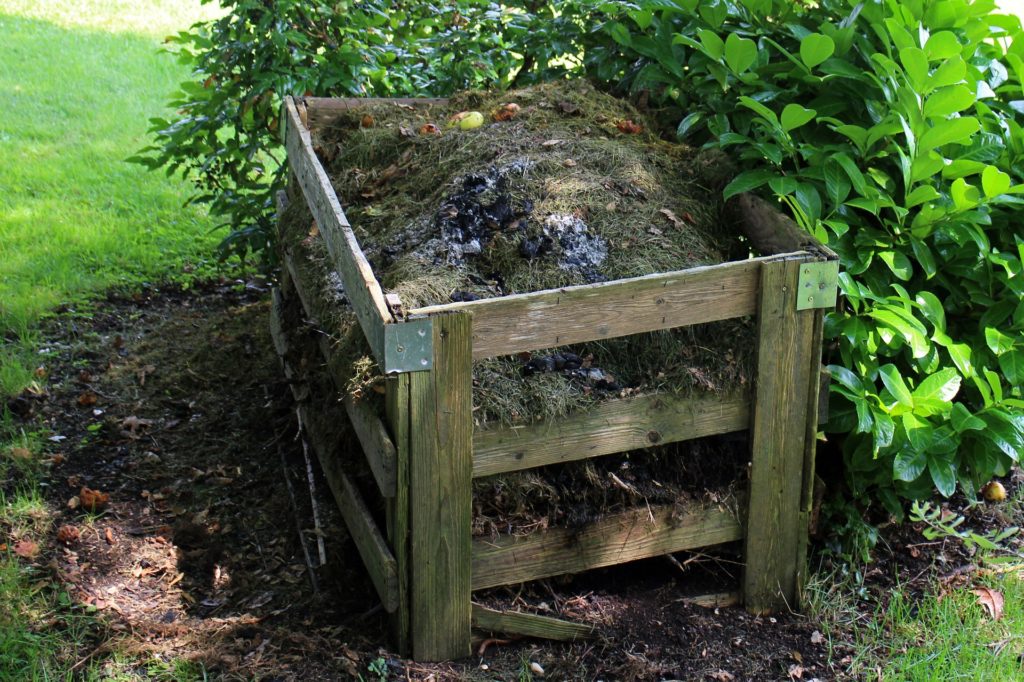
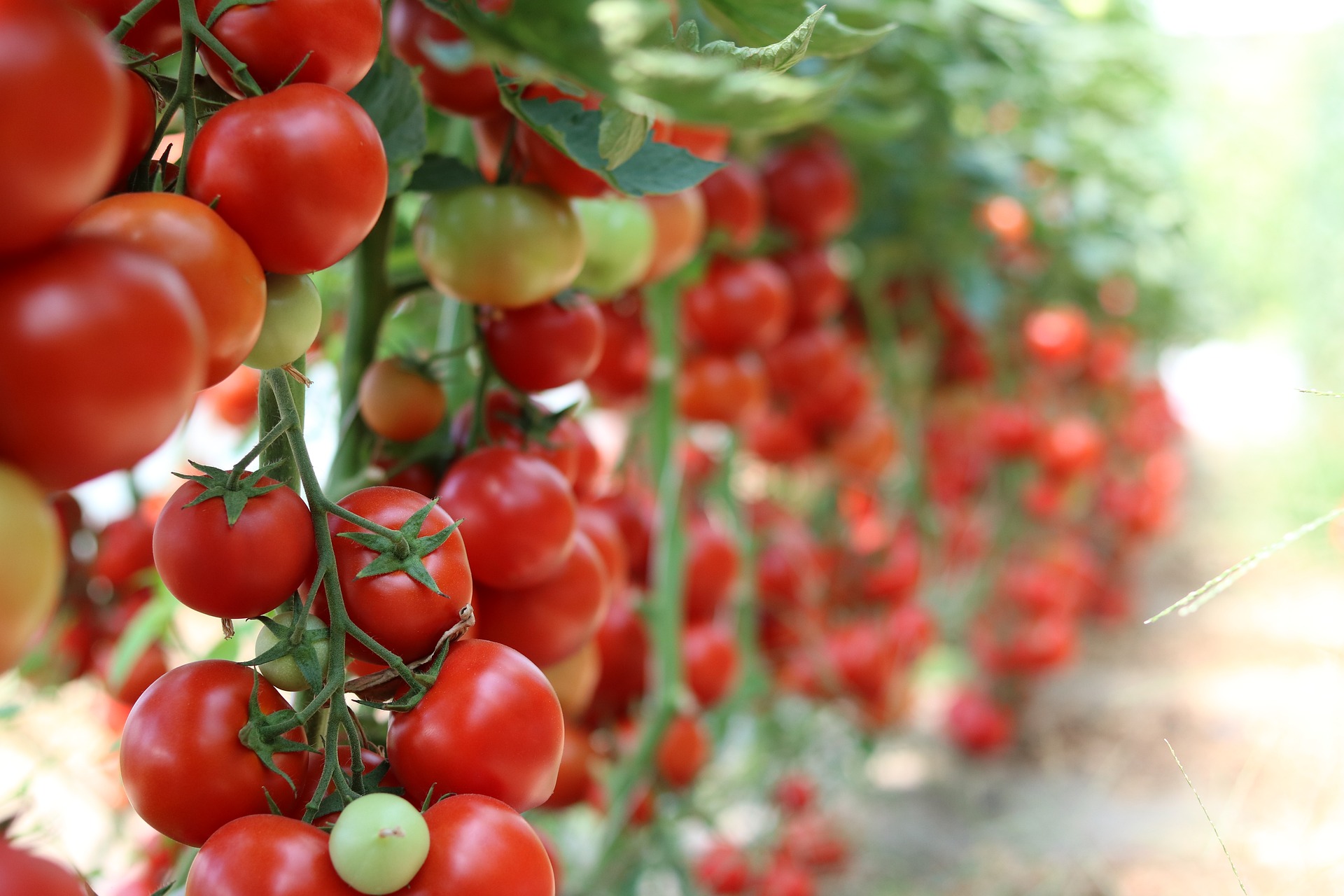
Leave a Reply